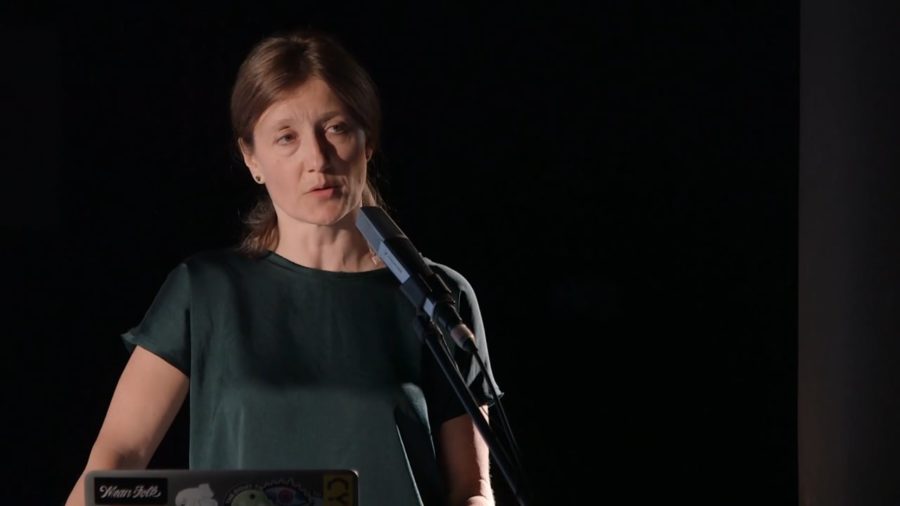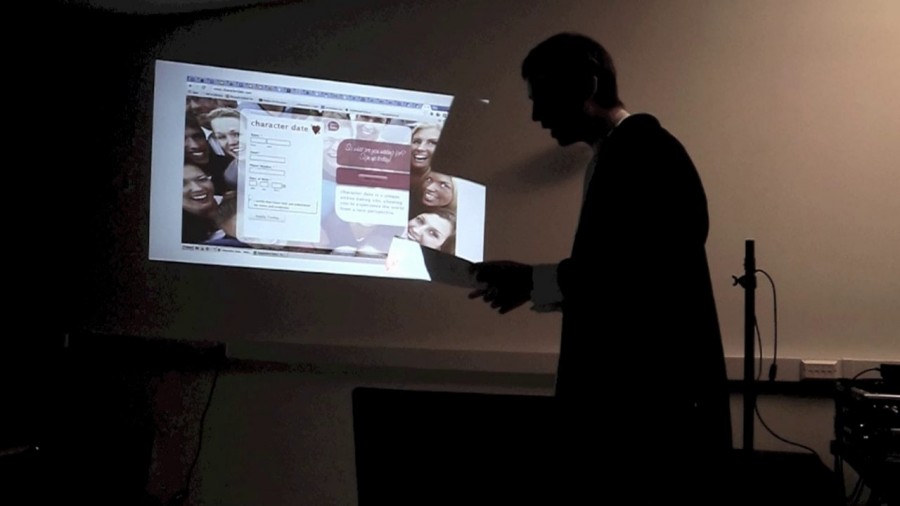When we think of citizenship nowadays, we mostly see it as a contested notion for it being reduced to an administrative criterion that is actually selectively differentiated: inclusion in, or exclusion from the nation-state membership, from privileged membership of Western nation-states.
Archive
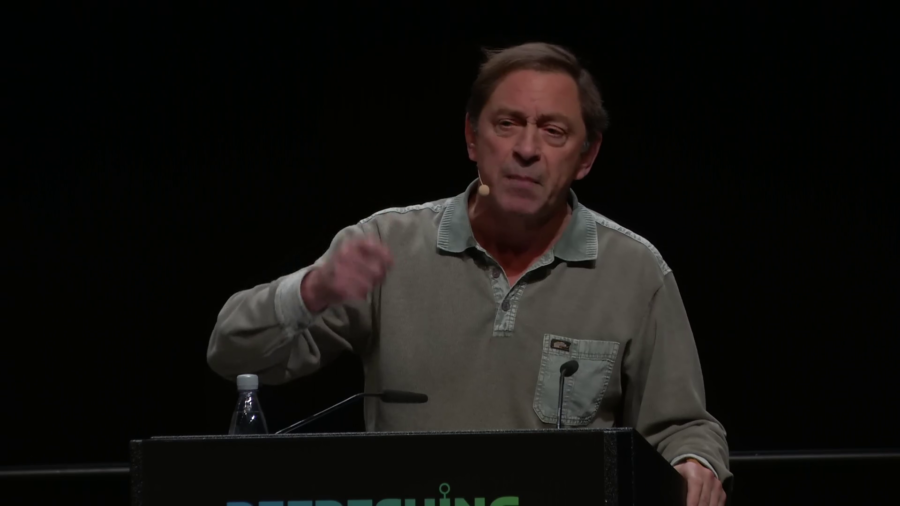
In a book that I wrote in 2011, on page one I said that unless the insecurities, and the fears, and the aspirations of the precariat were addressed as a matter of urgency, we would see the emergence of a political monster. You will not be surprised that in November 2016 I received a lot of emails from around the world from people who said, “The monster has arrived.”
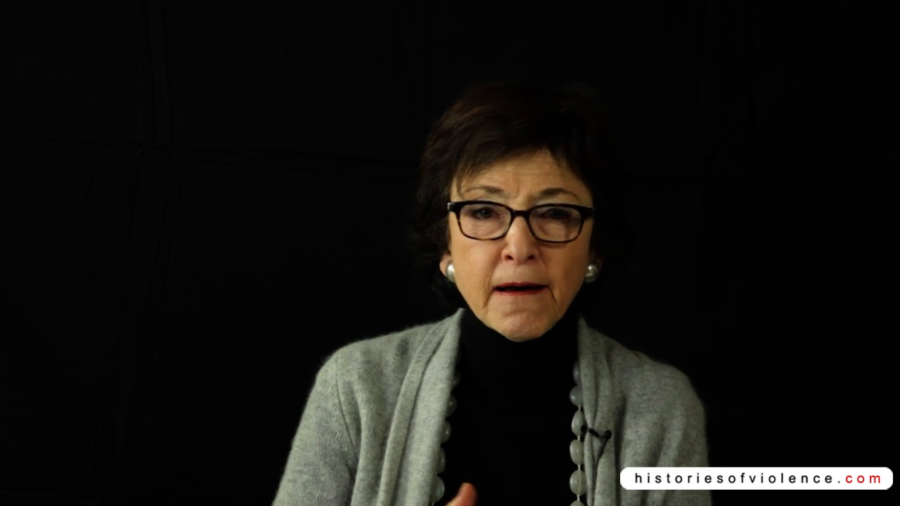
I’ve been thinking about disposable life and the meaning that might have in societies today. And I decided that the kind of disposable life that most concerns me is the kind that we either resolutely don’t see, ignore, or neglect. Or the kind that we do see but can’t seem to deal with.
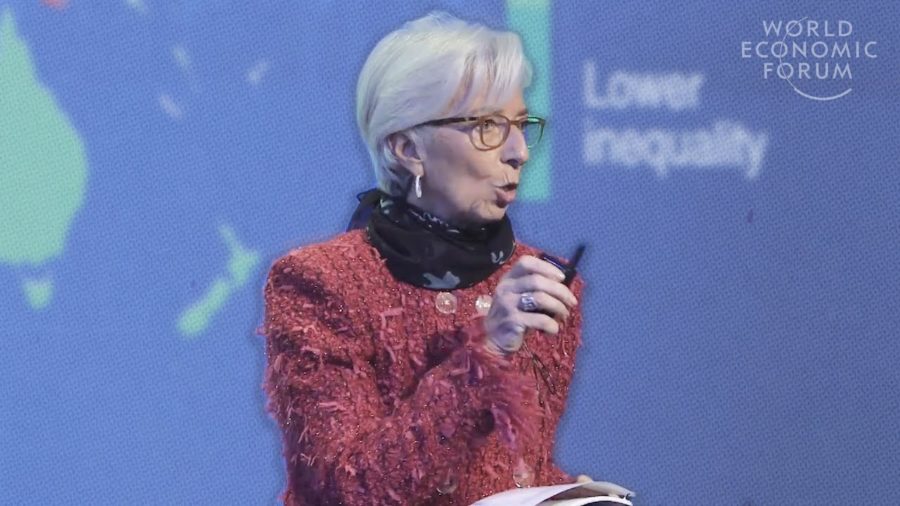
I wanted to start off this morning using an American poet and novelist, Langston Hughes. And I quote him to have said, “What happens to a dream deferred?” It is a question now facing millions all over the world, especially young people. Why? Because of poverty. Because of excessive inequality
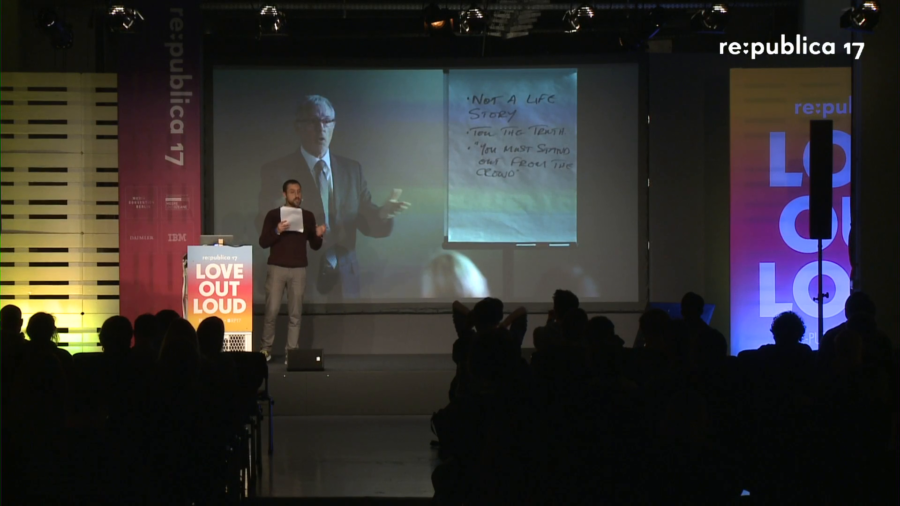
The reciprocal influence between an entrepreneurialist regime and pervasive precarity, their ambivalent coexistence, is what the concept of the entreprecariat refers to. To articulate some of the ways in which this mutual influence takes place, I’d like to introduce what I would call a postulate of the entreprecariat. So here it is: The more precarity is present, the less entrepreneurialism is voluntary.

